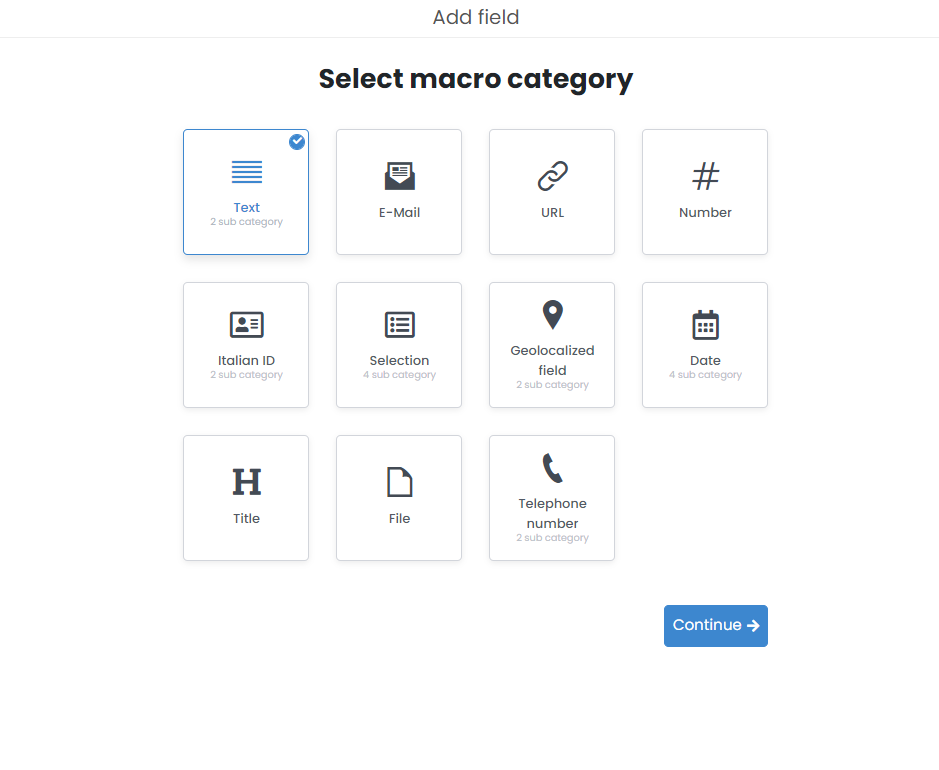
Killer questions: what they are and how to use them
In the previous article we presented Boolean search, one of the latest innovations in In-recruiting to allow recruiters to refine their search for candidates. If the Boolean search, like other In-recruiting search systems, is very useful to scan the CV database, analyze the applications received over time and obtain results more relevant to the current search, how to intervene – even before – on the applications received? How can we get candidates who are truly suited to the roles we are looking for, right from the application stage? Killer questions are a very useful tool to get in touch with qualified profiles for our offer. Let’s see what they are about.
What are killer questions?
Killer questions are questions that are asked to candidates who register for a specific job advertisement and have the effect of filtering applications and carrying out a very first screening action. They can be open-ended or closed-ended questions (with a score for each answer), included as mandatory fields inside an application form during registration or sent to the candidate as a questionnaire during the recruiting process.
Killer questions can have as their subject information or technical skills related to the job you are applying for (e.g. Do you have experience with the Java programming language?) or more general information (e.g. Do you have a B driver’s license? or Years of experience in the IT sector) but always useful for selection purposes.

On the basis of the answers to these questions – or of the total score obtained – the recruiter can carry out an initial screening of applications and identify the best profiles to analyze because they are more in line with the requirements of the ad and the needs of the company.
Killer questions: When and how to use them
As we have mentioned, killer questions help to filter the incoming applications for a specific ad. Assigning a score to the questions and calibrating the weight within the questionnaires or application forms, it is possible to identify which candidates are really in possession of the requirements you are looking for, help them to complete the application process and let them take the next step of the selection.
Obviously, killer questions cannot be used indiscriminately for every job position! Job ads highlight the need to have specific skills and requirements related to the professional figure sought by the company. And that’s not all. The information needed to proceed in the search and selection process also changes if you are looking for a junior or senior profile.
In the first case, it can be useful to insert specific fields in an application form created ad hoc and ask the candidate to enter their data, making some of them compulsory. In the case of selections reserved for senior profiles, the company may want to focus on technical skills or learn more about the candidate’s experience over time: in this case, the recruiter may opt to send an ad hoc questionnaire online after the application (so as to reduce the number of questions in the application phase).
The killer question and In-recruiting: from application form to questionnaires
Both of the above question administration systems are available within the In-recruiting Applicant Tracking System (ATS).
For each job advertisement, you can associate a specific application form created ad hoc and give a precise order to the fields that can also be made mandatory (discover all the benefits of In-recruiting conditional fields). You can also set the automatic matching to the fields of the form that interest you the most and assign a specific weight to some of them: in this way, the recruiter can easily identify the profiles of the candidates with the highest score.
(Here is the new setting for creating In-recruiting fields)

For example, the recruiter may decide to assign a higher score to all candidates who, in the form, declare to have more than 3 years of experience in a given field and, subsequently, proceed with the screening of these applications. This data, in addition to being useful information on the professional background of the candidate, can be used as a filter for an internal search on candidates registered for that specific ad, on a list of candidates, or on the entire company database.
In-recruiting also allows you to create a questionnaire to be sent to a single candidate, to a list of candidates or to all those who have registered for a specific ad, in a subsequent step to the application. In fact, a questionnaire generation engine is available, which allows the recruiter to create single-answer, multiple-answer, matrix, multiple-key, etc. questions, calibrate the weight (value) of each answer, and then filter candidate profiles highlighting those with the highest score to more easily track down those who meet the requirements.
The advantages of killer questions for recruiting
In light of what we have said, it is not difficult to imagine the advantages that killer questions can have for the recruiting process:

- Filter incoming applications by carrying out an initial screening of CVs
- They allow you to receive applications that are more relevant to the job advertisements and in line with the needs expressed by the company
- They allow the recruiter to better manage his time: the time spent in screening is reduced (especially the time spent analyzing CVs with a low correspondence to the ad) and the selection of the best candidate is speeded up
- They help to identify a better match between job offer and candidate by automatically calculating the candidate’s compliance with the ad
- Improve the candidate experience: killer questions are a signal to the candidate to carefully assess whether they meet the requirements before proceeding with the application. These targeted questions provide specific information to the recruiter and allow him to give immediate feedback to the candidate on the outcome of his application and the progress of the Candidate Journey.

Digital Marketing presso Inrecruiting